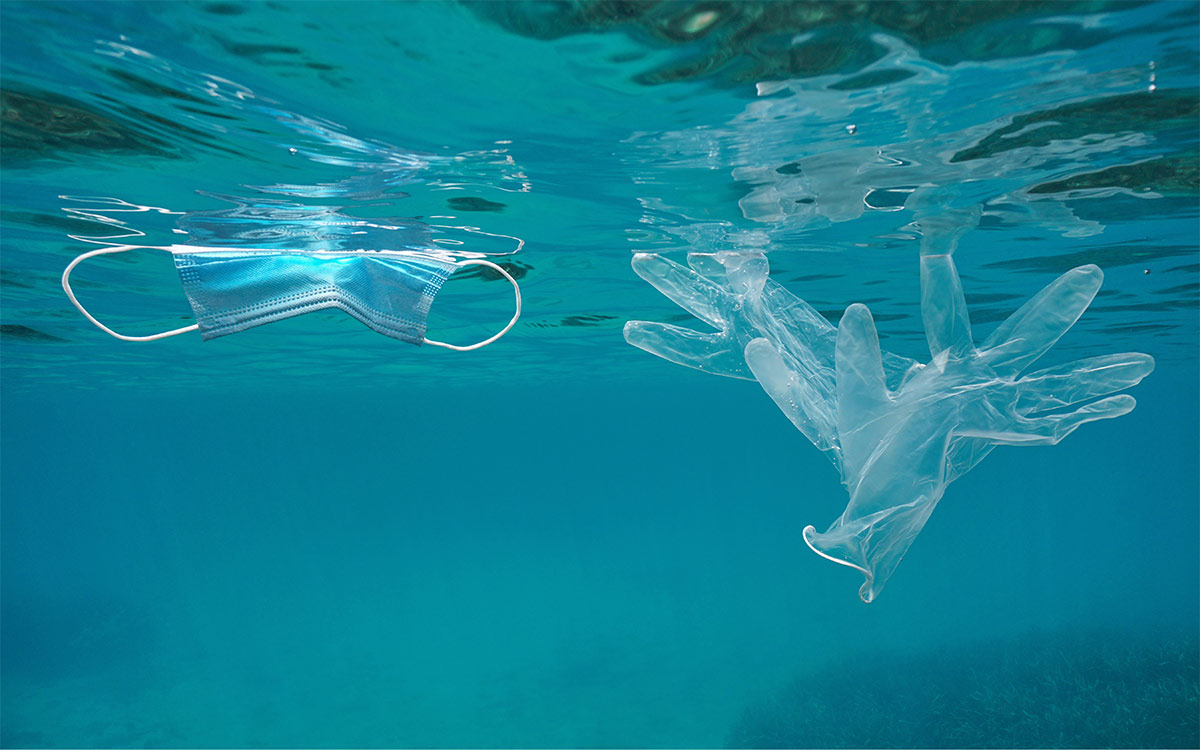It has been renamed “the pandemic plastic” - masks, gloves, Covid tests, disposable sanitary material. Since the beginning of 2020 it has been used much more than in the past – actually, plastic, compared to any other material, has been perfect in an exceptional period such as the one we are living – it is cheap, resistant, disposable (or washable) and easily available. The same for all those plastic packaging that coexisting with the virus brought in our life, to allow us a new kind of normality. Only think about the largest among the e-commerce companies, the American Amazon – the growth of plastic packaging, coming from the increased number of online purchases, has been estimated in more than 200 million kilos. Huge. A question above all: what effects can this have on the environment?
The answer will be published November 23 on PNAS, a review of US National Academy of Sciences. A team of Californian and Chinese researchers from San Diego University of California and from Nanjing University have been analysing the effect that pandemic plastic has and will have on a already strained ecosystem. The data (which will be anticipated by a press release) refer to August 2021 and to 193 Countries.
Due to sanitary emergency 8,4 million tons of plastic have been produced between hospital refuse and packaging from online purchases. To be specific, 87,4% comes from hospitals, 7,6% from ppe (personal protective equipment, such as masks), 4,7% from packaging and 0,3% from Covid-19 test kits.
Esteems say that within the end of current year there will be 11 million. And researchers account that 26 thousand of these tons will end in seas, especially in Asian ones. Moreover, 73% of the plastic spill off in the seas during the surveyed period is clearly of sanitary origin, especially the disposable one, and 72% is coming form Asia. Data that coincide with what already happen in 2020, the year when all begun, when 1,56 million masks ended up in seas all over the world.
Waste, which can increasingly be traced back to Covid. A surge in production and consume – unexpected and unpredictable – which found us unprepared. We have been caught off guard not only by the spread of the virus, but also by the huge amount of waste that had not and still has not a proper system of management. The urgency within the emergency – in a world that, as the recent conclusions of Glasgow COP 26 demonstrated, is still struggling to find quick and common solution for the planet’s salvation – is not only to find more ecological materials for both sanitary sector and e-commerce, but above all, on the one hand, the development of new recycling technologies, and on the other, the ability to implement and improve the collection of hospital waste. First of all, in developing countries.



